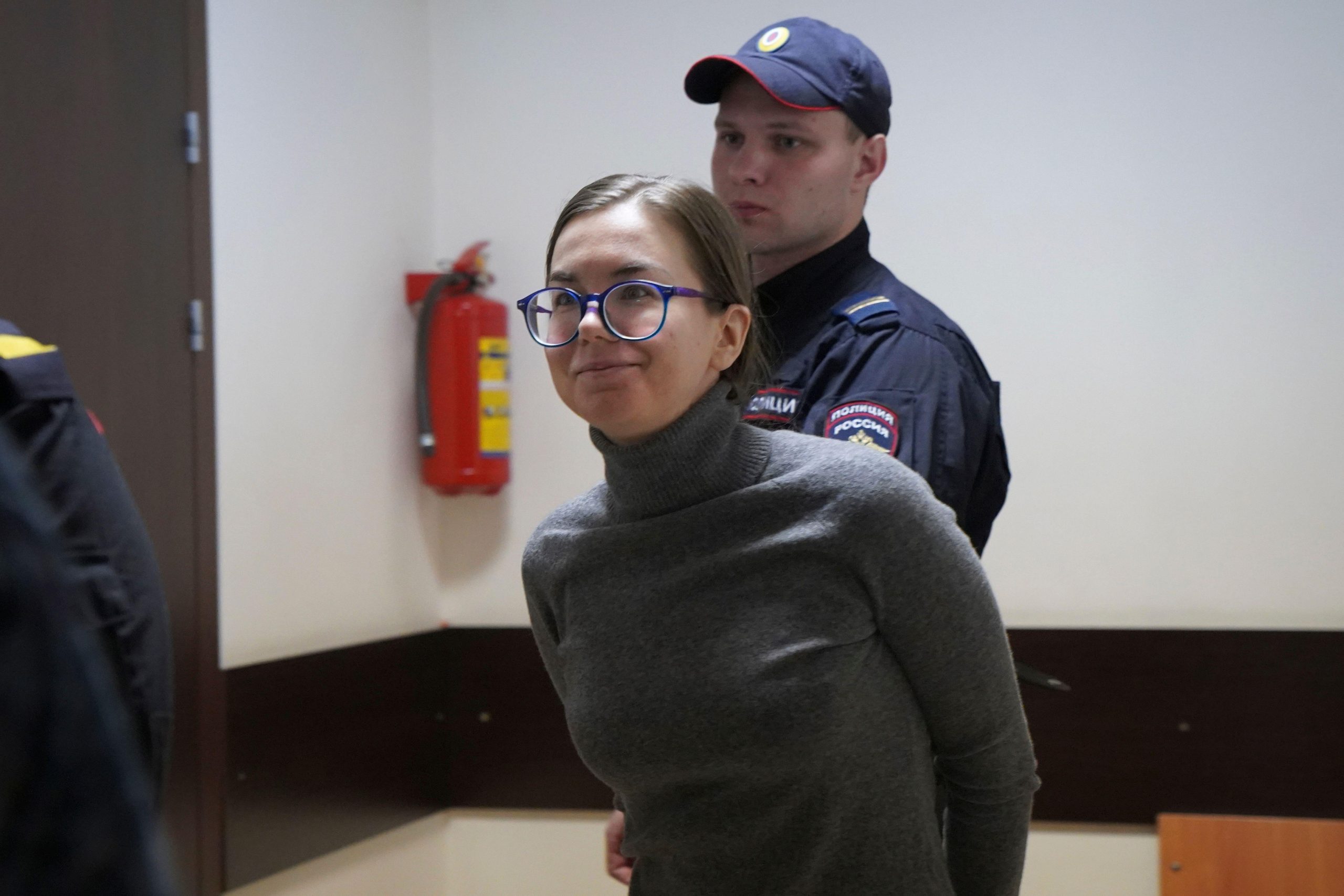“If we do not change, I think the world will suffer enormously … as a world we’re going to be less and less informed,” said Amie Ferris-Rotman, former Reuters Afghanistan correspondent and panellist for Index on Censorship’s future of journalism at London’s Frontline Club on Wednesday. Ferris-Rotman highlighted concerns over shrinking coverage of world news due to reduction in foreign desks’s budgets, as well as the increasing reliance on underpaid freelancers – especially in conflict zones.
The sold-out event was chaired by columnist, author and Index chairman David Aaronovitch. The panel also included journalism professor Richard Sambrook; director of Hostage UK Rachel Briggs; former Reuters Afghanistan correspondent Amie Ferris-Rotman; and Raymond Joseph, a data journalist and former regional editor of the South African Sunday Times, who appeared via Skype from South Africa.
The debate looked at serious issues affecting journalists today, from surveillance and encryption, to kidnappings and how the media, in turn, should cover kidnappings.
Talking points included whether Isis are using techniques of citizen journalism to spread their propaganda; and how verification is crucial when using information from social media.
Sambrook said hearing something on Twitter doesn’t make it journalism, although it could be vital as “raw material, or a lead”. Joseph spoke of the need to “separate the news from the noise”.
In addition to the main panel, a future panel also provided a contrasting view through the eyes of a selection of young people at the beginning of their journalism careers.
Below are some highlights from the Twitter discussion that took place under the hashtag #futurejournalism.
This article was originally posted on 24 October at indexoncensorship.org













